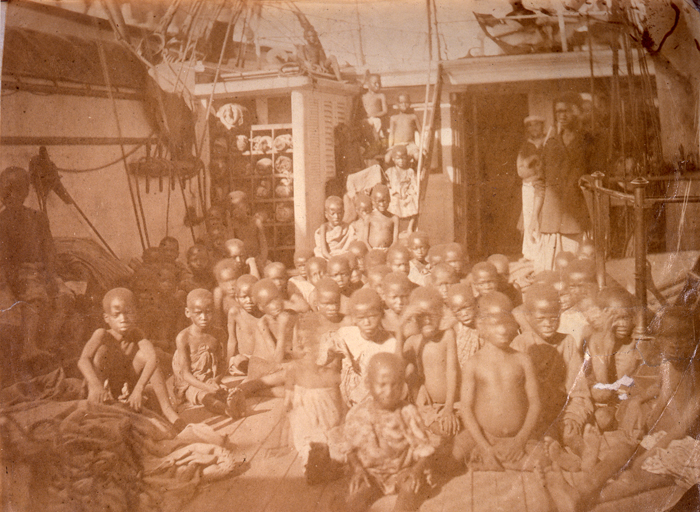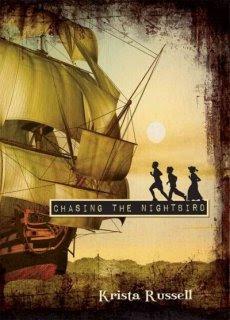By Jenny S. Martinez
Today, 25 March, is International Day of Remembrance of the Victims of Slavery and the Transatlantic Slave Trade. But unfortunately, the victims of slavery were not all in the distant past. Contemporary forms of slavery and forced labor remain serious problems and some reputable human rights organizations estimate that there are some 21-30 million people living in slavery today. The issue is not limited to just a few countries, but involves complex transnational networks that facilitate human trafficking. Just as in the past, international cooperation is necessary to end this international problem.
International law played a key role in ending the transatlantic slave trade in the 19th century. In the year 1800, slavery and the slave trade were cornerstones of the Atlantic world and had been for centuries. Tens of thousands of people from Africa were carried across the Atlantic each year, and millions lived in slavery in the new world. In 1807, legislatures in both the United States and Britain — two countries whose ships had been key participants in the trade — banned slave trading by their citizens. But two countries alone could not stop what was a truly international traffic, which quickly shifted to the ships of other nations. International cooperation was required.
Beginning in 1817, Britain negotiated a series of bilateral treaties banning the slave trade and creating international courts to enforce that ban. These were, I suggest, the first permanent international courts and the first international courts created with the aim of enforcing a legal rule designed to protect individual human rights. The courts had jurisdiction to condemn and auction off ships involved in the slave trade, while freeing their passengers. The crews of navy ships that captured the illegal slave vessels were entitled to a share of the proceeds of the sale of the vessels, creating an incentive for vigorous policing. By 1840, more than twenty nations — including all the major maritime powers involved in the transatlantic trade — had signed treaties of various sorts (not all involving the international courts) committing to the abolition of slave trading. By the mid-1860s, the slave trade from Africa to the Americas had basically ceased, and by 1900, slavery itself had been outlawed in every country in the Western Hemisphere.

“East African enslaved people rescued by the British naval ship, HMS Daphne (1869)” via The National Archives UK on Flickr.
While treaties today prohibit slavery and the slave trade, international efforts at eradicating modern forms of slavery and forced labor trafficking are inadequate. Looking to the lessons of the past, international policy makers should consider implementing a more robust system for dismantling modern day slavery. A system of property condemnation with economic incentives for whistleblowers could again be used to leverage enforcement power; someone who turns in a human trafficker could be entitled to a share of the proceeds of a sale of the trafficker’s assets. Similarly, international courts could be used in especially severe cases. Enslavement is a crime against humanity under the statute of International Criminal Court, and severe cases involving transnational trafficking networks with large numbers of victims might meet the criteria for ICC jurisdiction. Violent acts in wartime are more visible international crimes, but the human impact of enslavement is no less severe or deserving of international justice.
It is not enough to remember past victims of enslavement; to truly honor their memory, we must do something to help those who are enslaved today.
Jenny S. Martinez is Professor of Law and Justin M. Roach, Jr., Faculty Scholar at Stanford Law School. A leading expert on international courts and tribunals, international human rights, and the laws of war, she is also an experienced litigator who argued the 2004 case Rumsfeld v. Padilla before the U.S. Supreme Court. Martinez was named to the National Law Journal’s list of “Top 40 Lawyers Under 40.” She is the author of The Slave Trade and The Origins of International Human Rights Law (OUP 2012), now available in paperback.
Subscribe to the OUPblog via email or RSS.
Subscribe to only law articles on the OUPblog via email or RSS.
The post Victims of slavery, past and present appeared first on OUPblog.



